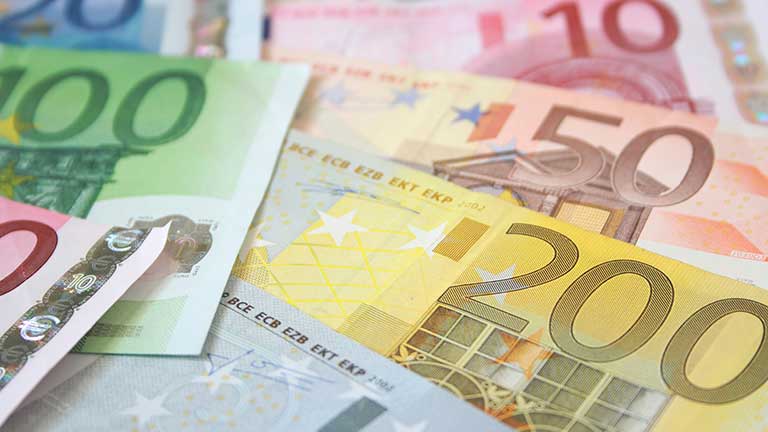ls-euro-notes-iStock_000008533205.jpg

Euros, Image ©iStock
In an economic report, Fitch said an outturn deficit of 6.7% of GDP in the Eurozone during 2021 suggests that the final figures will undershoot the agency's expectations.
Fitch added that the better-than-expected deficit, is a “structural” feature of debt management in 2020-2021, which could have a longer-lasting positive impact on the revenue base.
The report said: “Deficit reduction is mostly driven by a more buoyant response of tax revenue to the economic recovery.
“The resilience of the labour market implied that social security revenues held up well during periods of restrictions to economic activity.
“Increased use of electronic payments and improving tax compliance in some countries has also been supportive.”
Debt interest relative to GDP, is at or near historical lows in southern European countries, as many sovereigns focused on long-term borrowing, the report said.
This means the real interest rate on debt will still decline over this year, with servicing costs expected to remain favourable going into 2023, the Fitch said.
However, spending pressures will remain above pre-Covid-19 levels for most Eurozone this year, as support is increased to cover against inflation and soaring energy costs, the report said.
Additional costs are expected in the coming years, as nations grapple with legacy pressures, the agency added.
The report said: “Independent fiscal councils have raised concerns about the high level of non-Covid-19- related spending.
“So far there is little evidence of governments seeking additional sources of permanent income to offset this increase in spending.”
The ongoing invasion of Ukraine by Russia is also expected to put further pressures on energy prices, and could result in further fiscal costs, the report said.
After Russian troops entered Ukraine on Thursday, the European and UK imposed strict new sanctions, leading to the Bank of Russia buying billions of rubles, to prevent the currency’s slide.
The state bank also loosened its requirements for collateral when lending to banks to boost their liquidity.












